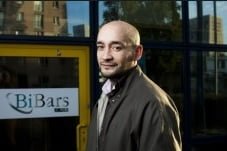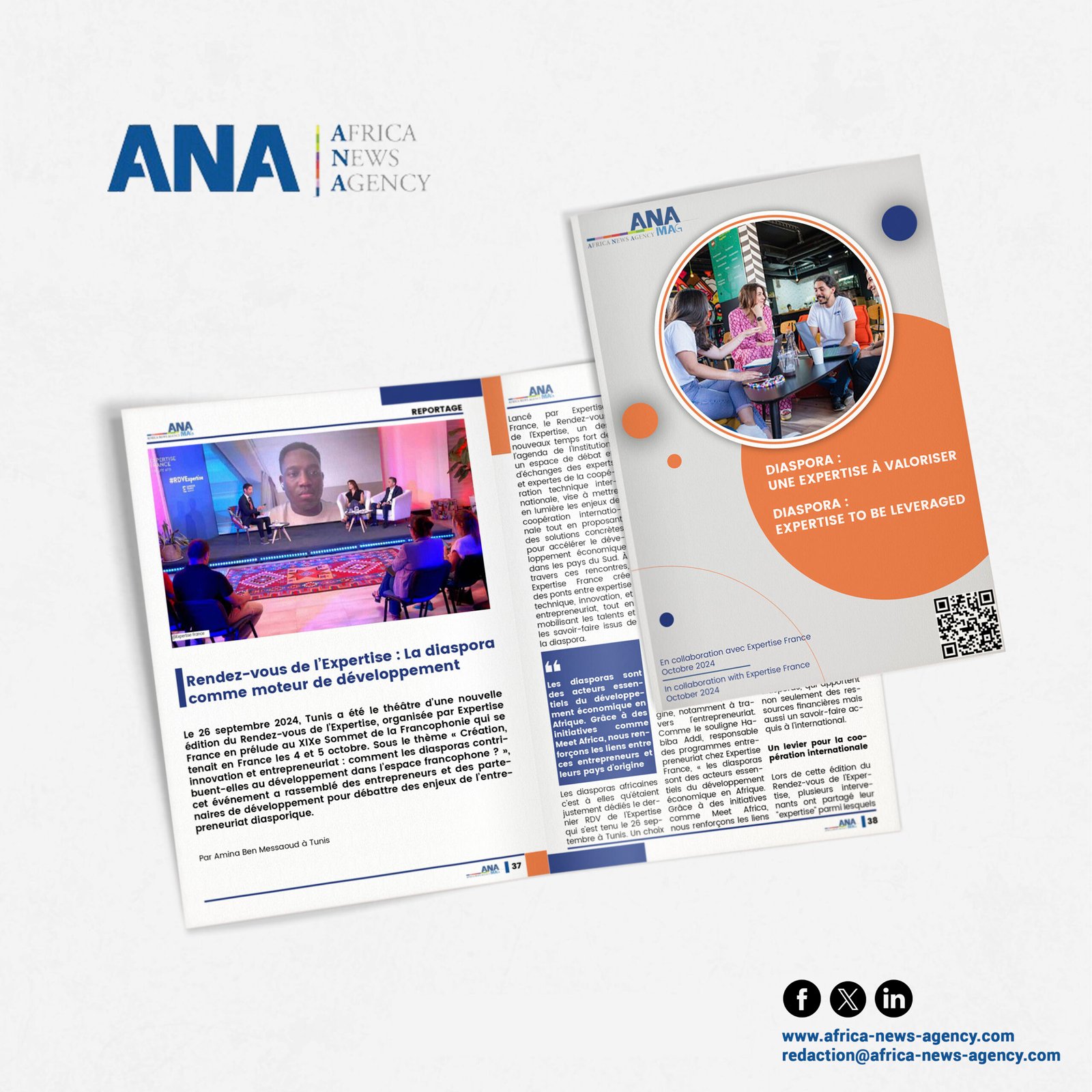
When he launched his first sale unit in April 2004, Nabil Djedjik still did not know he was heading a group that currently generates several million euros.
By Zahra Rahmouni, Algiers
For the young entrepreneur, it all starts when his father-in-law stopped working as a butcher and graciously gave him his place. « I understood that in France, it was not easy to reconcile religion and professional life, so I set up my own business, » he says. Muslim and practicing, he smelled the good vein and immediately started in the Halal business. At that time, the demand was important though the offer was not structured.
The first H-express fast-food was set up fourteen years ago around the city of Paris. « We were coming out of school and we understood what was going on. Serious associations such as AVS and Achahada (which ensure the controls and traceability of halal products …) have emerged and imposed more rigorous and binding standards. At first, halal players and French manufacturers refused and it was a good opportunity for us, » he says. For these first restaurants, he imposed strict rules to his suppliers so that they respected the Muslim rites.
But, faced with his successful brands, he had to manage a new constraint related to the halal product supply. « We organized ourselves, we did sourcing and started businesses. Now, 80% of wholesalers’ markets around the cities of Paris and Lyon belong to Muslim people, with exceptionally-growing turnover, « he says.
Self-financing and distribution company
In just four years, his group grew from three to fourteen million euros in turnover. Crazy growth and no funding from the banks!
To avoid loans and paying interest, he decided to invest with his own funds. When he started his business adventure, he lent a little money from his parents and then, he did not hesitate to sell his sale units to bail out the cash. And as his clients always asked for « more quality and standing », he used his profits to open traditional restaurants called Alambra.
To face the problem of supply, it launched in 2008 his own halal product distribution company which now has a portfolio of four brands including bio products. « I created Bibars to buy products and it worked even better. We continue to grow and our group generates between 18 and 19 million turnover, » says the manager.
The 41-year-old entrepreneur is now investing at the international level. In March, its distribution company will move to a new logistics warehouse located in the Roissy airport platform and in which he has invested nearly three million euros. « We will be close to air freight and we will try to capture the Middle East markets where we had a lot of demand we could not meet. »
Algeria, « an almost virgin market »
In 2017, Nabil Djedjik and his associates also embarked on the difficult Algerian market with the opening of a traditional restaurant, Alambra, and a H-express fast-food in the capital.
« You can have any document when on your Algerian ID you have a French address, so you are a second-class Algerian, » he says. Despite the promises of the Algerian authorities concerning the investment facilities granted to the bi-nationals, there is still red tape, deplores the entrepreneur. « You are told that you do not have the right to set up a business, which is wrong, if you follow the regulations. « Fortunately, one of the partners moved to the country. « It was a prerequisite to create something in Algeria » continues Nabil Djedjik.
Despite the difficulties, the country is a land of opportunity for the new generation of entrepreneurs. « We are focusing on Algeria because it is an emotional challenge. We would like to have a foothold, develop something in our country and express our know-how, » he explains. Then Nabil Djelik continues: « Morocco and Tunisia, it is not on the agenda even if we know it would be much simpler. We had opportunities in Morocco but we did not seize them. We favor Algeria for the emotional side and the potential because it is a virtually-virgin market.”
Now, he is seeking to develop a group of restaurants but before, he gives himself a year to test the market. « In a restaurant, raw materials are extremely important. If you have the techniques without raw materials, it will not be easy, » he says referring to the latest restrictions on imports of several food products set by the Algerian authorities.






